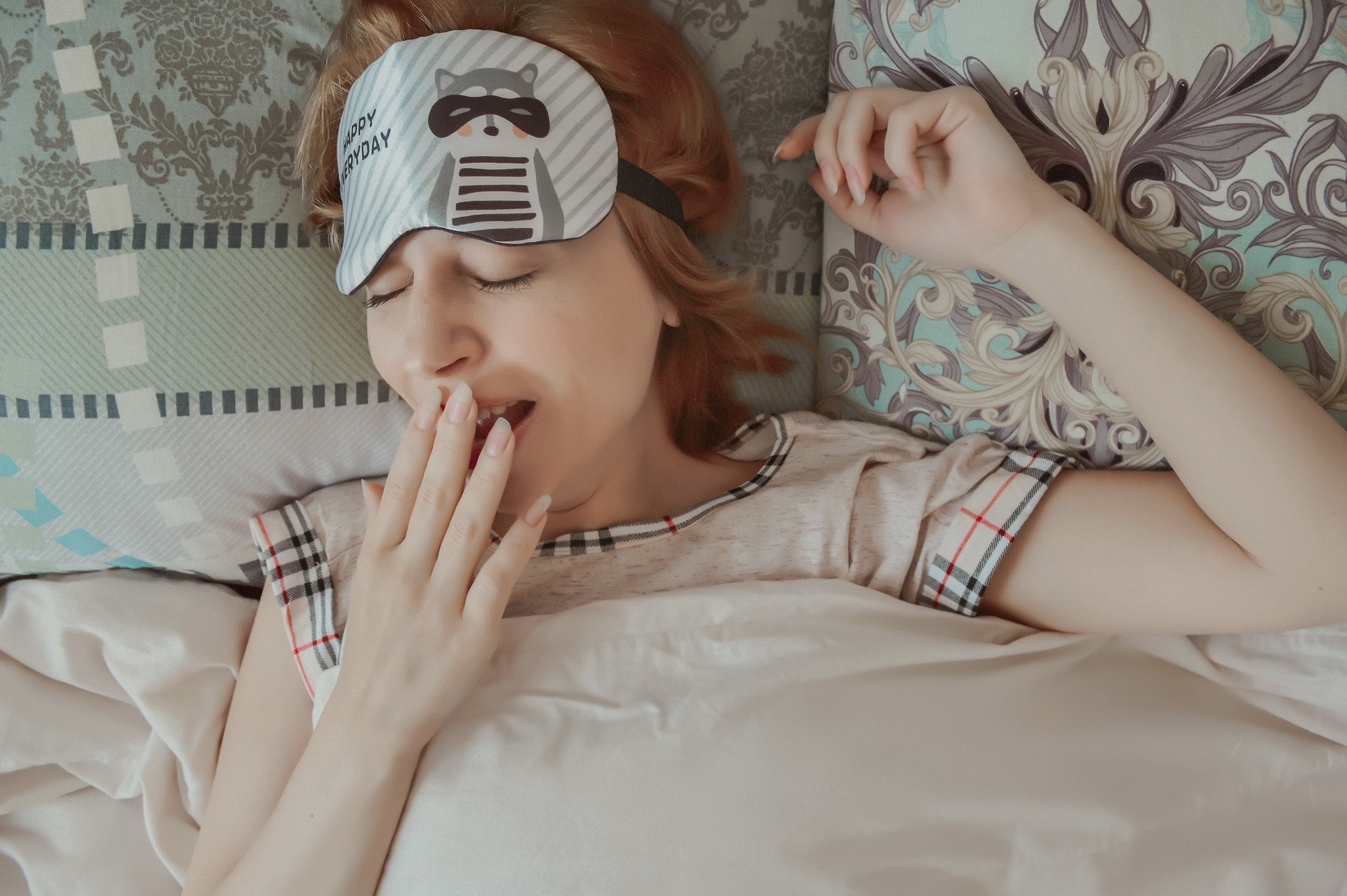Understanding Daytime Sleepiness: Causes, Symptoms, and Solutions
Daytime sleepiness is a common issue affecting millions of people worldwide. This persistent feeling of drowsiness during waking hours can significantly impact one's quality of life, productivity, and overall well-being. In this article, we'll explore the various aspects of daytime sleepiness, including its causes, symptoms, and potential treatments, to help you better understand and manage this condition.
What Are the Main Causes of Daytime Sleepiness?
Daytime sleepiness can stem from various factors, ranging from lifestyle choices to underlying medical conditions. Some common causes include:
-
Poor sleep habits: Irregular sleep schedules, insufficient sleep duration, or poor sleep quality can lead to daytime drowsiness.
-
Sleep disorders: Conditions such as sleep apnea, narcolepsy, or insomnia can disrupt normal sleep patterns and cause excessive daytime sleepiness.
-
Medical conditions: Certain health issues, including depression, anxiety, thyroid problems, or chronic fatigue syndrome, may contribute to feelings of tiredness during the day.
-
Medications: Some prescription drugs, such as antihistamines, antidepressants, or sedatives, can have drowsiness as a side effect.
-
Lifestyle factors: Excessive alcohol consumption, poor diet, lack of exercise, or high stress levels can all impact sleep quality and lead to daytime sleepiness.
How Can You Recognize the Symptoms of Daytime Sleepiness?
Identifying the symptoms of daytime sleepiness is crucial for addressing the issue effectively. Common signs include:
- Difficulty staying awake during passive activities, such as reading or watching television
- Struggling to concentrate or focus on tasks
- Feeling irritable or moody
- Experiencing memory problems or forgetfulness
- Dozing off unintentionally during the day
- Requiring caffeine or other stimulants to stay alert
- Feeling sluggish or lacking energy throughout the day
If you consistently experience these symptoms, it may be time to consult a healthcare professional for a proper evaluation.
What Are Effective Treatments for Daytime Sleepiness?
Addressing daytime sleepiness often involves a combination of lifestyle changes and medical interventions. Some effective treatments include:
-
Improving sleep hygiene: Establish a consistent sleep schedule, create a relaxing bedtime routine, and optimize your sleep environment.
-
Treating underlying conditions: If a sleep disorder or medical condition is causing your daytime sleepiness, addressing the root cause can significantly improve symptoms.
-
Adjusting medications: Work with your healthcare provider to review and potentially modify any medications that may be contributing to your drowsiness.
-
Lifestyle modifications: Incorporate regular exercise, maintain a balanced diet, and manage stress levels to promote better sleep quality.
-
Light therapy: Exposure to bright light in the morning can help regulate your circadian rhythm and improve alertness during the day.
-
Cognitive Behavioral Therapy (CBT): This form of therapy can help address sleep-related anxiety and develop better sleep habits.
How Does Daytime Sleepiness Impact Daily Life?
The effects of daytime sleepiness can be far-reaching, impacting various aspects of daily life:
- Decreased productivity and performance at work or school
- Increased risk of accidents, especially while driving or operating machinery
- Strained relationships due to irritability or lack of energy for social interactions
- Reduced overall quality of life and enjoyment of activities
- Potential long-term health consequences, including an increased risk of obesity, diabetes, and cardiovascular issues
Understanding these impacts can motivate individuals to seek appropriate treatment and make necessary lifestyle changes.
What Are Some Natural Remedies for Combating Daytime Sleepiness?
While medical treatments are often necessary, some natural remedies can help alleviate daytime sleepiness:
- Regular exercise: Engaging in physical activity can improve sleep quality and boost daytime alertness.
- Proper hydration: Staying well-hydrated can help combat fatigue and improve cognitive function.
- Balanced nutrition: Eating a diet rich in whole foods, lean proteins, and complex carbohydrates can provide sustained energy throughout the day.
- Power naps: Short naps (15-20 minutes) can help refresh and rejuvenate without interfering with nighttime sleep.
- Aromatherapy: Certain scents, such as peppermint or citrus, may help increase alertness and energy levels.
- Natural light exposure: Spending time outdoors or near windows can help regulate your body’s natural sleep-wake cycle.
When Should You Seek Professional Help for Daytime Sleepiness?
If your daytime sleepiness persists despite implementing lifestyle changes and natural remedies, it may be time to consult a healthcare professional. Consider seeking medical advice if:
- Your sleepiness significantly impacts your daily functioning or quality of life
- You experience sudden or severe changes in your sleep patterns
- You suspect you may have a sleep disorder, such as sleep apnea or narcolepsy
- Your sleepiness is accompanied by other concerning symptoms, such as unexplained weight gain or loss, mood changes, or physical discomfort
A sleep specialist can conduct a thorough evaluation, which may include sleep studies, to diagnose any underlying conditions and develop an appropriate treatment plan tailored to your specific needs.
Daytime sleepiness is a common yet often overlooked issue that can significantly impact one’s quality of life. By understanding its causes, recognizing symptoms, and exploring various treatment options, individuals can take proactive steps towards improving their sleep quality and overall well-being. Remember that everyone’s sleep needs are unique, and what works for one person may not work for another. Patience and persistence in finding the right combination of lifestyle changes and treatments are key to overcoming daytime sleepiness and achieving optimal alertness and energy levels throughout the day.
This article is for informational purposes only and should not be considered medical advice. Please consult a qualified healthcare professional for personalized guidance and treatment.
The shared information of this article is up-to-date as of the publishing date. For more up-to-date information, please conduct your own research.





